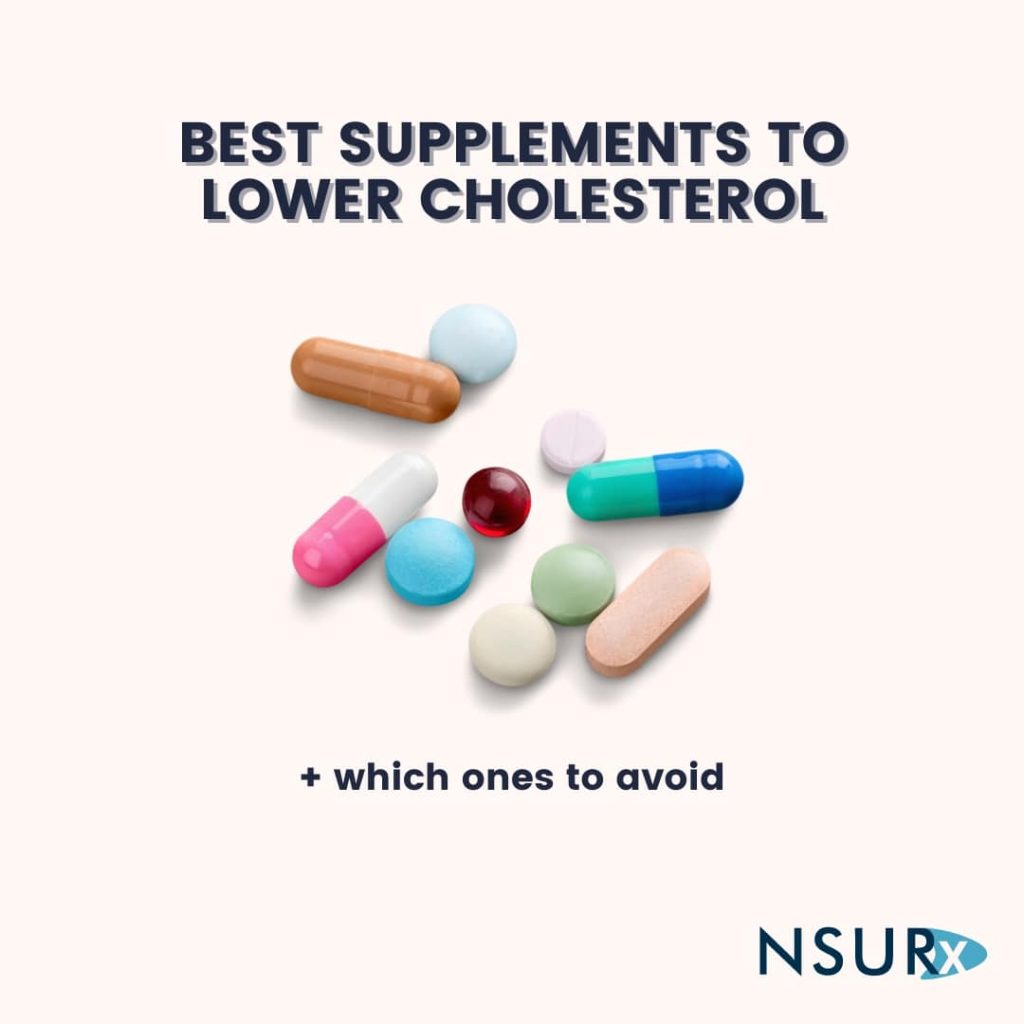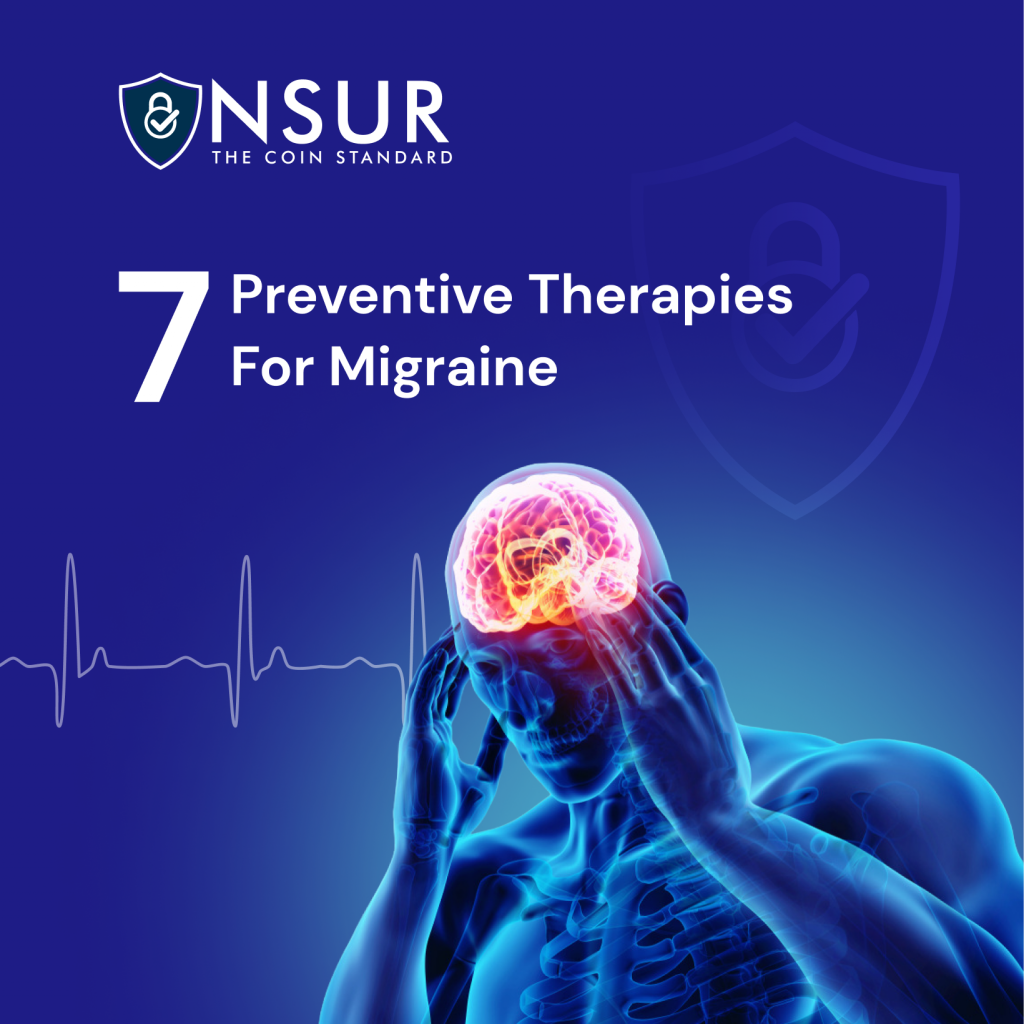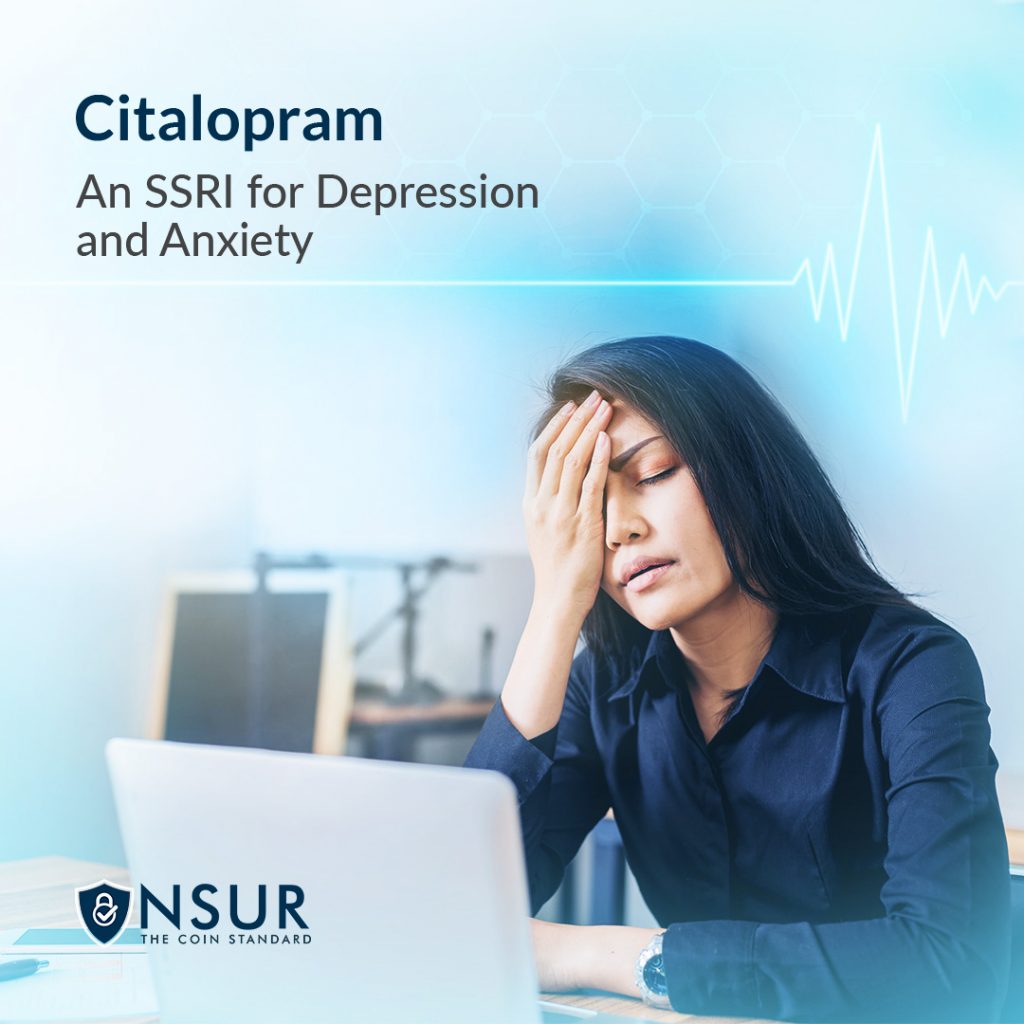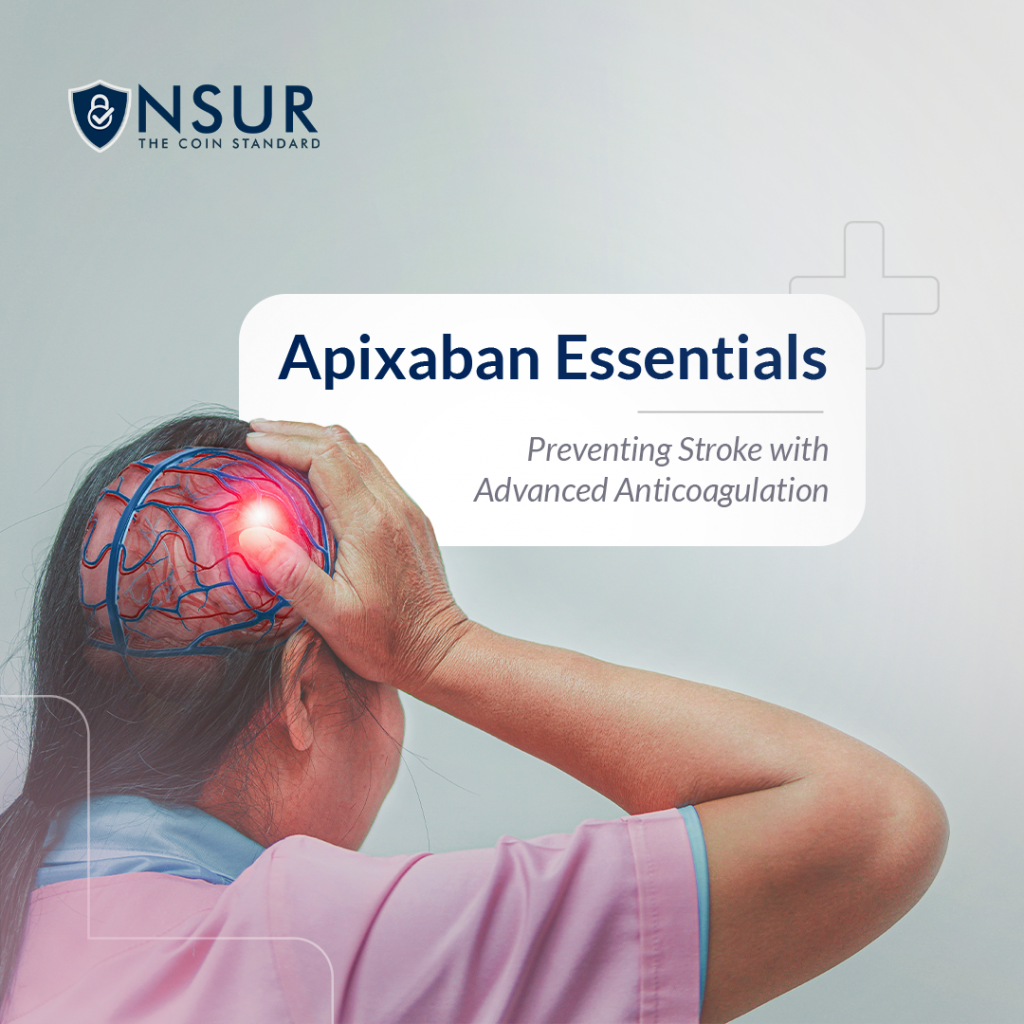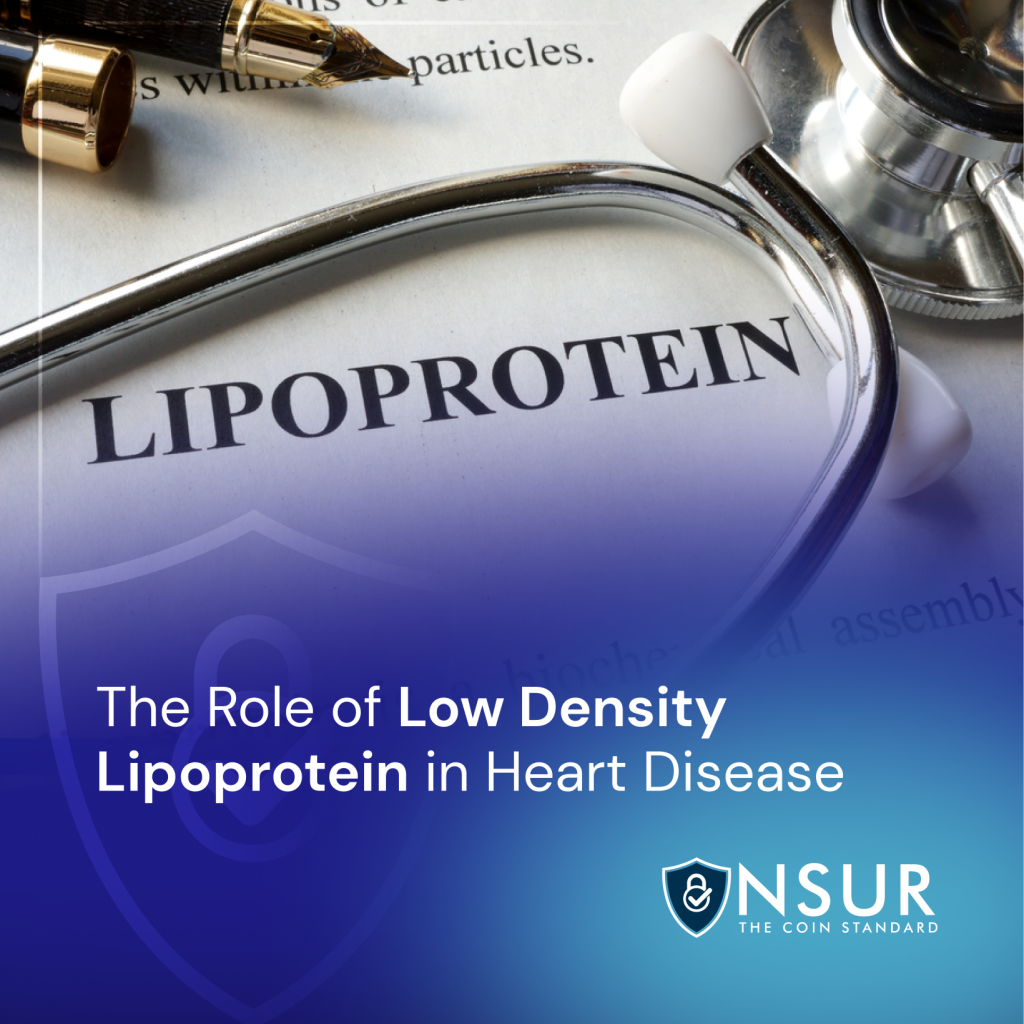
Hypertension (high blood pressure) and angina (chest pain) are among the most common cardiovascular issues faced globally. These conditions not only disrupt daily life but can also lead to severe health complications if left untreated. Amlodipine, a widely prescribed medication, plays a critical role in managing these conditions. In this blog, we delve into how Amlodipine helps in controlling hypertension and alleviating chest pain, enhancing patients’ quality of life.
What is Amlodipine?
Amlodipine belongs to a class of drugs known as calcium channel blockers. It’s primarily used to treat high blood pressure and prevent certain types of chest pain (angina). By relaxing the blood vessels, it allows the heart to pump more easily and efficiently. This mechanism not only lowers blood pressure but also increases the supply of blood and oxygen to the heart, which is crucial in managing angina.
Amlodipine and Hypertension:
Hypertension is often dubbed the “silent killer” because it typically has no symptoms but significantly increases the risk of heart disease and stroke. Amlodipine comes into play by relaxing and widening the blood vessels, which reduces the pressure within them. This process, known as vasodilation, makes it easier for the heart to pump blood, thereby lowering blood pressure.
For many patients, Amlodipine is a cornerstone in their hypertension management plan. It’s often chosen for its efficacy and also for its compatibility with other medications, making it a versatile option for patients with multiple health concerns.
Amlodipine in Treating Angina:
Angina, a symptom of coronary artery disease, is experienced as chest pain or discomfort usually caused by reduced blood flow to the heart muscle. Amlodipine aids in preventing angina in two key ways. First, by lowering blood pressure, the heart doesn’t have to work as hard, reducing the risk of pain. Second, it increases blood flow to the heart muscle itself, ensuring that it receives enough oxygen, especially during times of increased demand like physical activity.
Dosage and Administration:
Amlodipine is typically taken once a day, with or without food. It’s crucial to follow your healthcare provider’s instructions regarding dosage, as it can vary based on individual needs and health conditions. Starting doses usually range from 2.5 to 5 mg daily, and the dose may be increased gradually depending on how well the patient responds to the treatment.
Side Effects and Precautions:
Like all medications, Amlodipine can have side effects. Common ones include swelling (edema), dizziness, and fatigue. It’s important to consult a healthcare provider if these or other side effects become bothersome or persistent.
Patients with a history of heart failure or liver problems should use Amlodipine cautiously. Pregnant or breastfeeding women should only use this medication if clearly needed and after discussing the risks and benefits with their healthcare provider.
Take advantage of NSURx for your prescription drugs!
With the NSURx Prescription Benefit Card, you can save money on your medications at more than 35,000 pharmacies across the United States.
You can save up to 80% on your medication by using an NSURx card. Hundreds of dollars in savings could be yours every time you fill out your prescription.
The more you shop with NSURx, the more NSUR Coins you will receive as a reward.
Conclusion:
Amlodipine has proven to be an effective medication for controlling hypertension and alleviating chest pain associated with angina. Its role in enhancing cardiovascular health cannot be overstated. However, it’s essential to remember that medication is just one part of a comprehensive treatment plan. A healthy lifestyle, including a balanced diet, regular exercise, and avoiding smoking, plays a crucial role in managing cardiovascular health.
Disclaimer
This blog post is intended for informational purposes only and should not be considered a substitute for professional medical advice. Always consult with a qualified healthcare provider for personalized recommendations and guidance.

